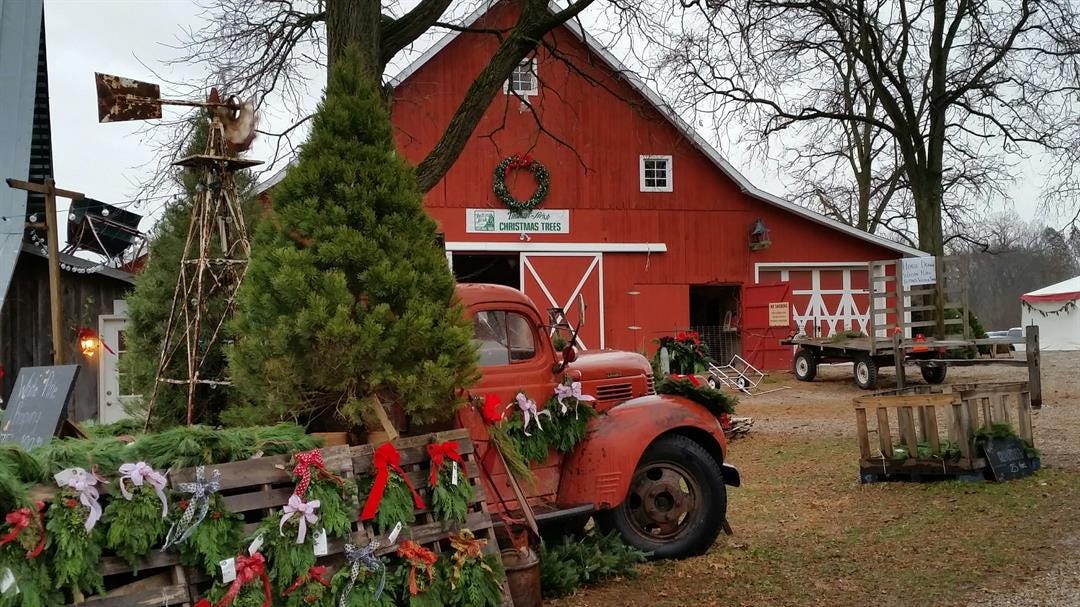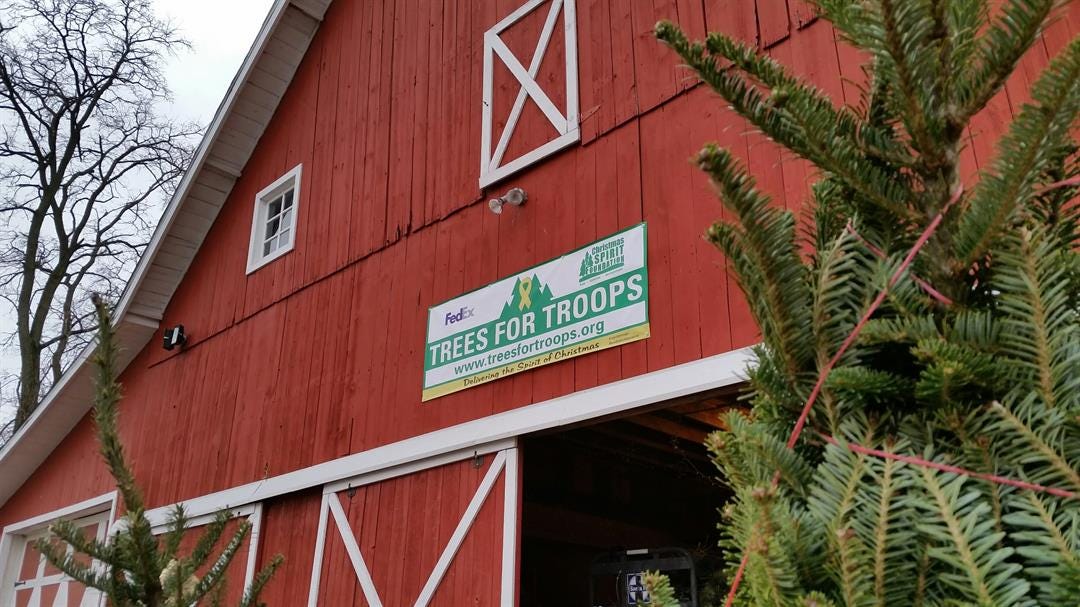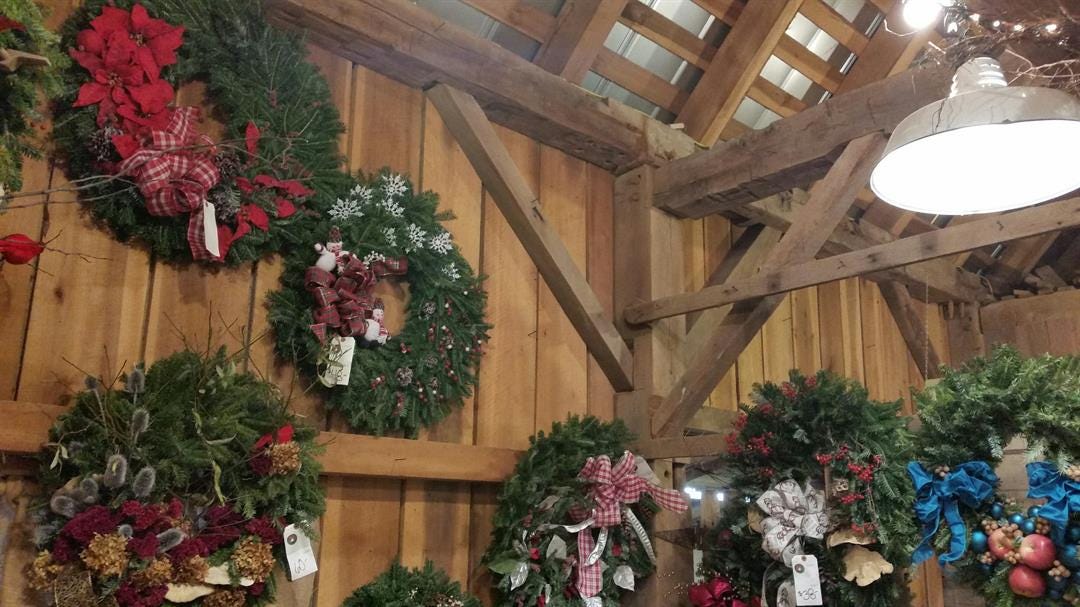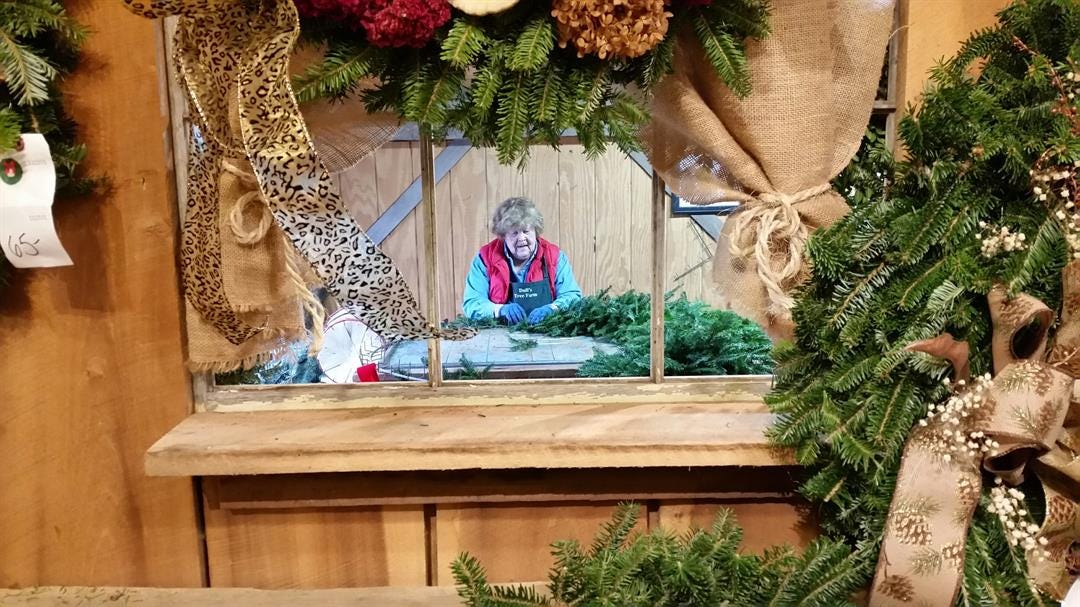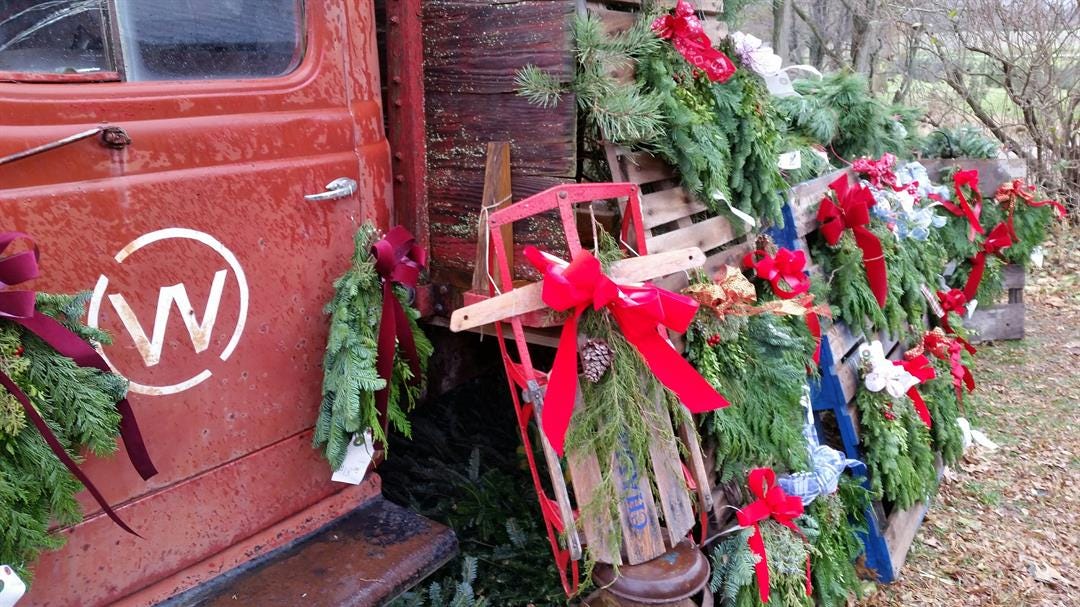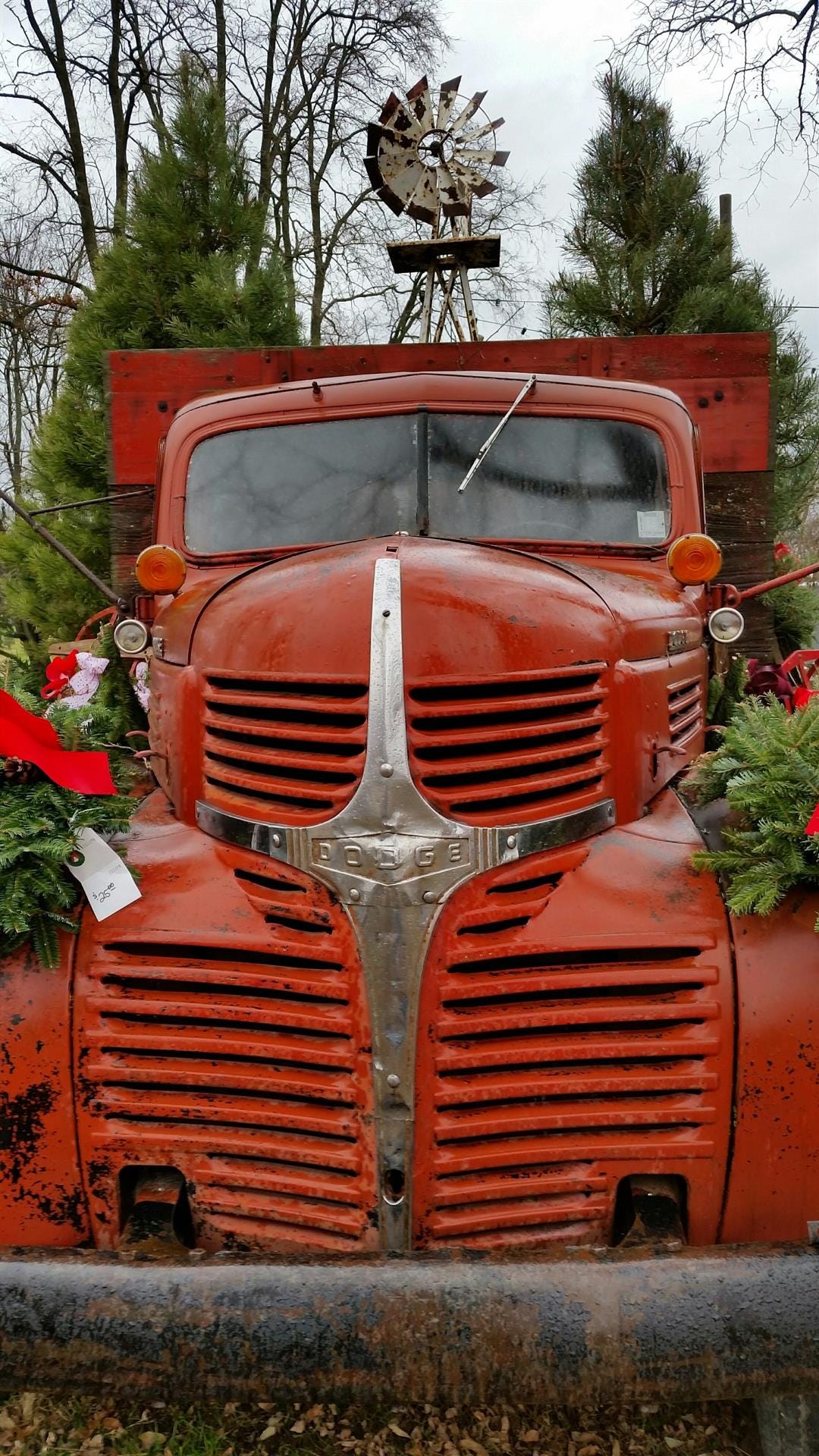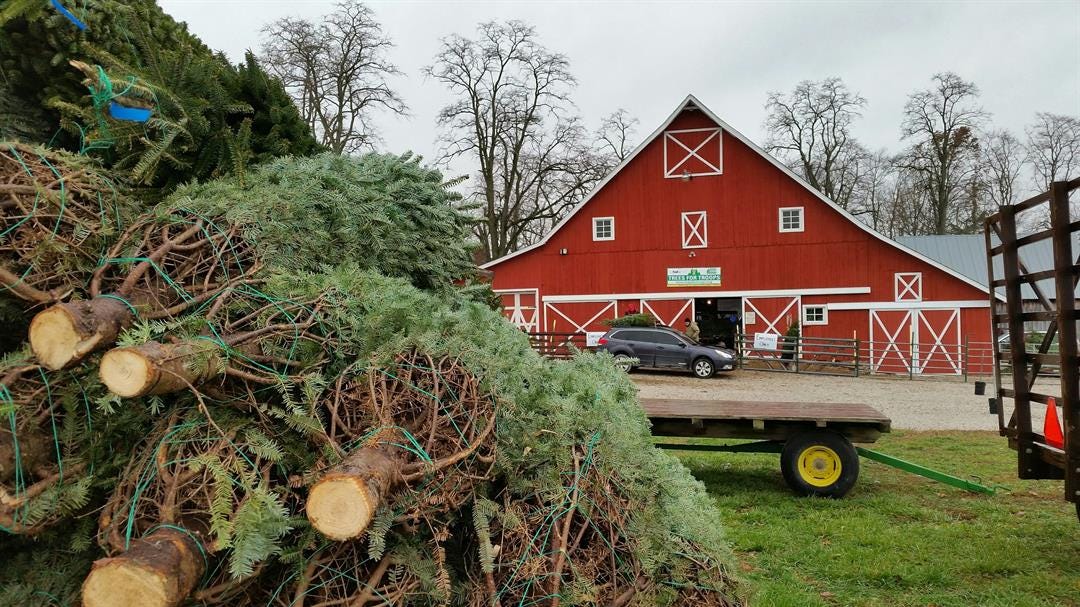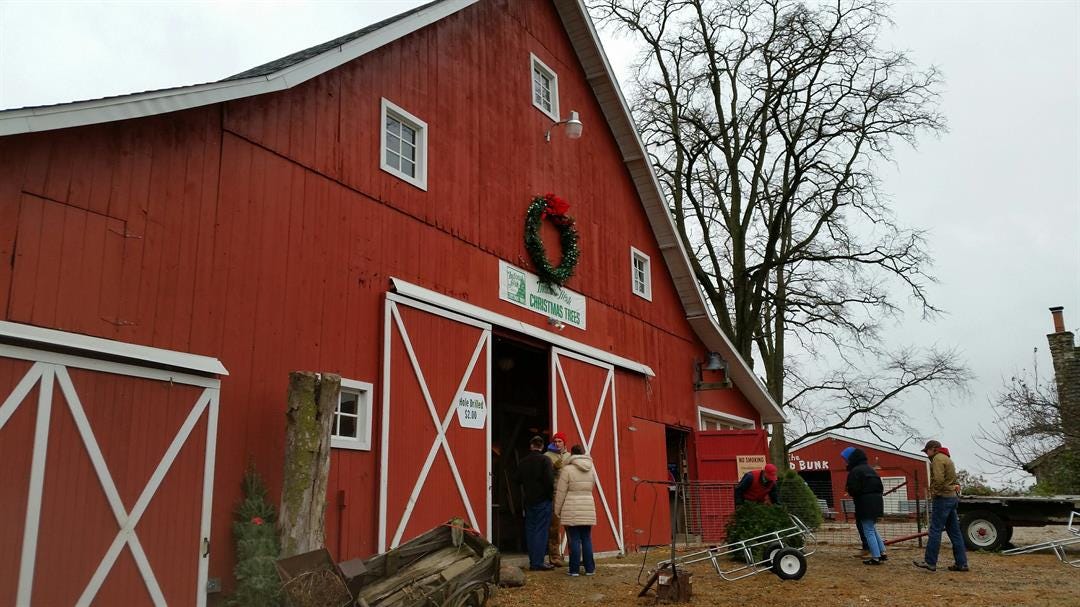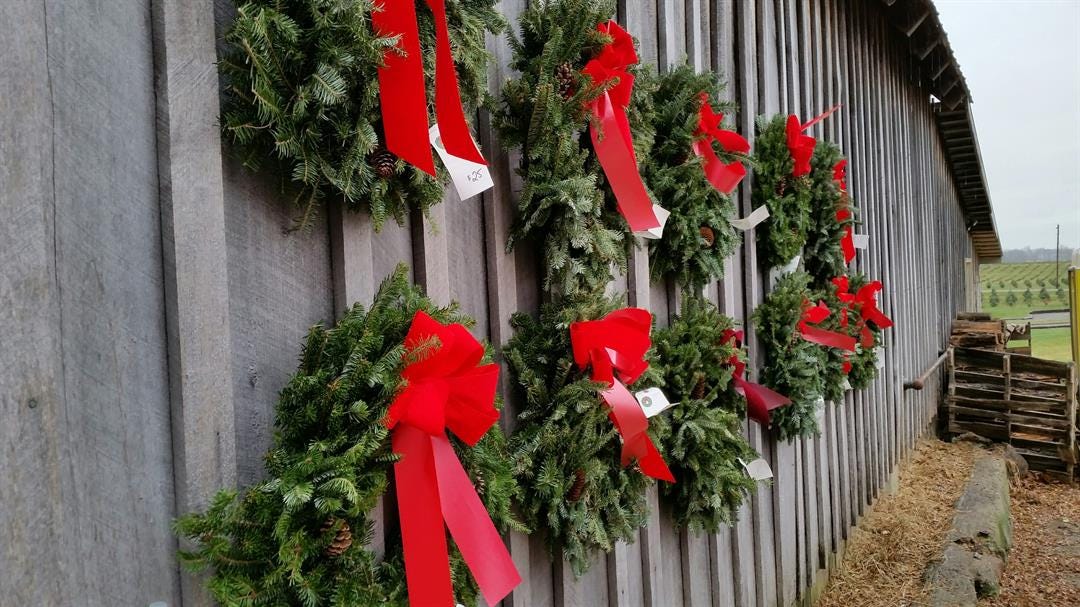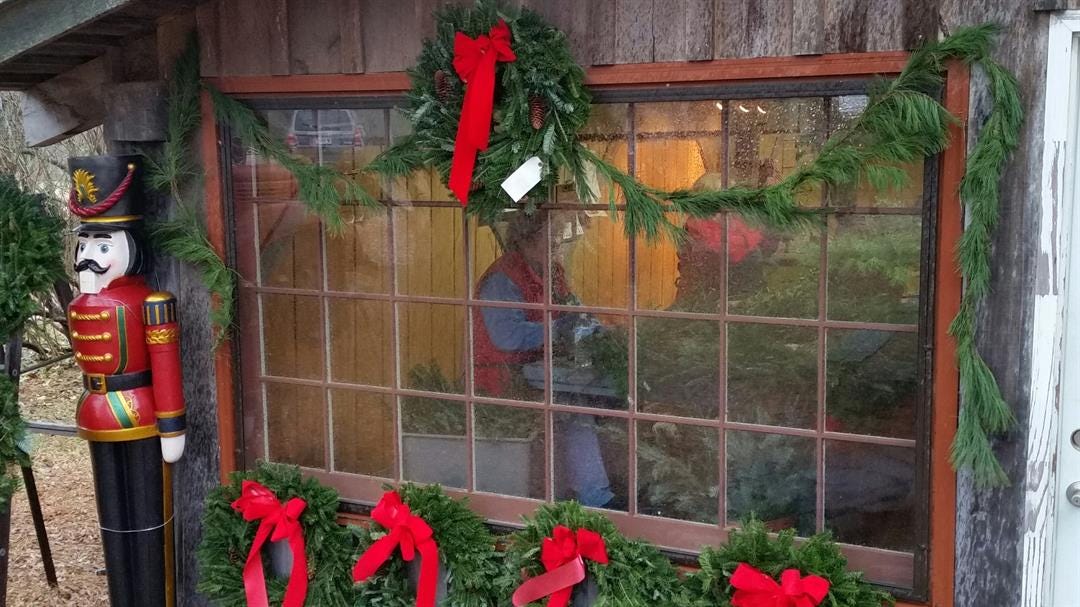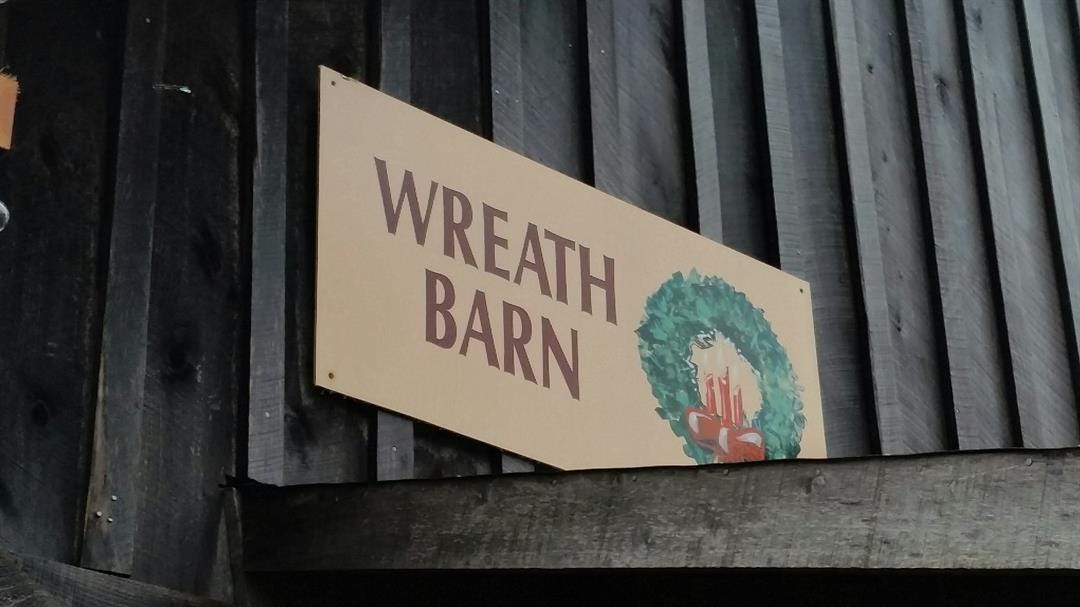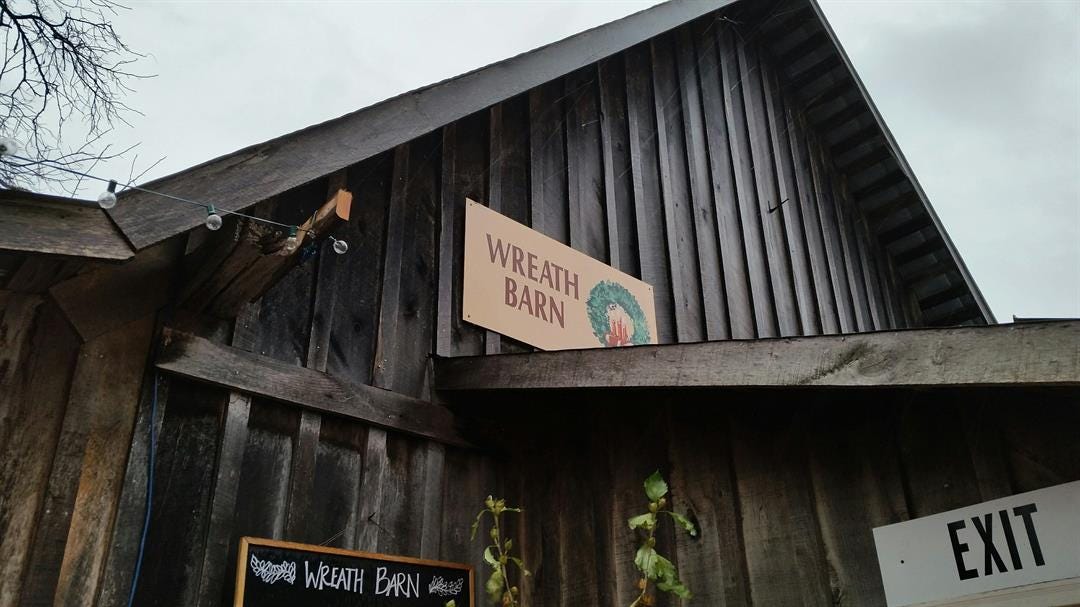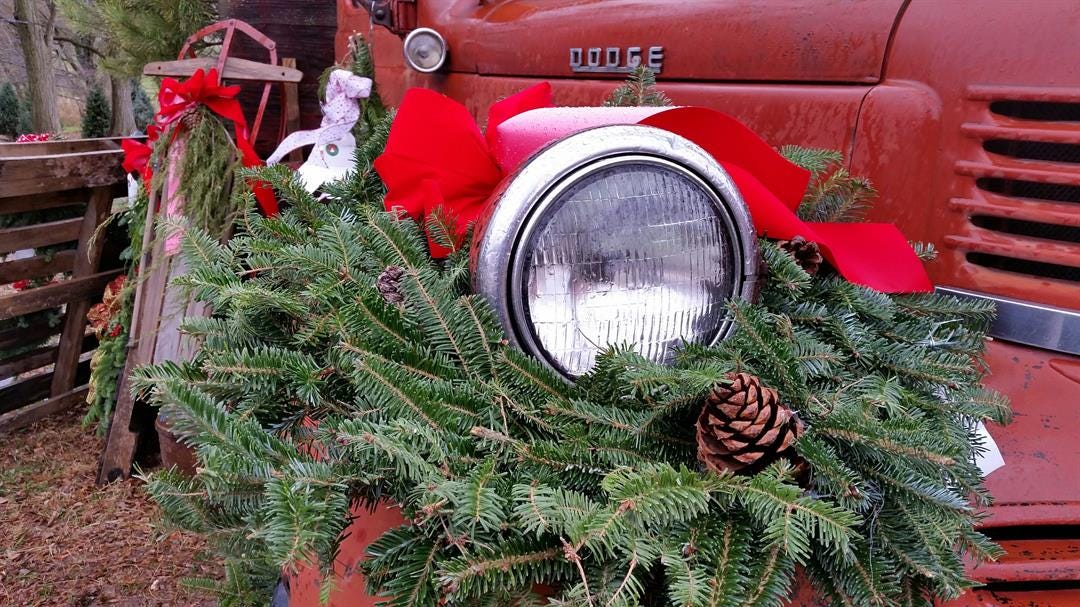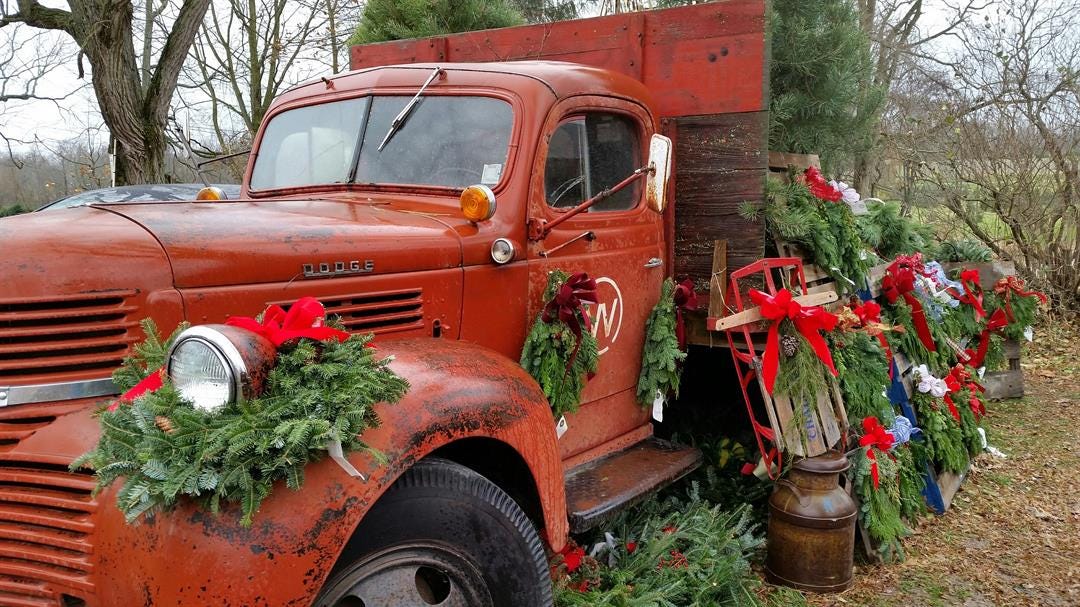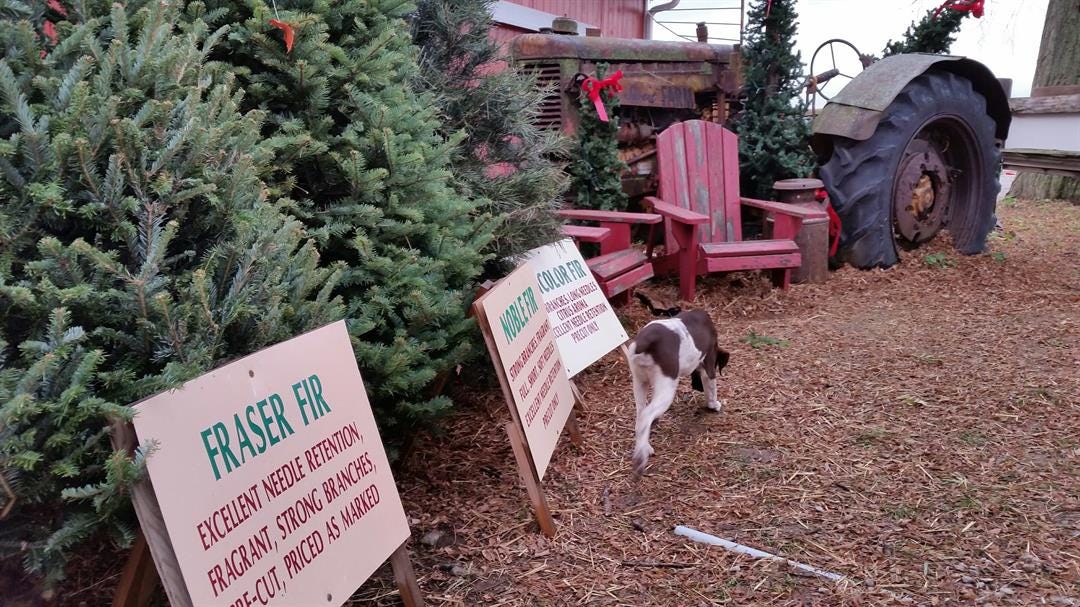Hoosier Christmas Tree Farms on the Decline
Subscriber Benefit
As a subscriber you can listen to articles at work, in the car, or while you work out. Subscribe NowTHORNTOWN, Ind. - ahxoisila yae nmgH w temds elsirfrkeaoClrn nvd ivnbgtntsryoreidcsisiIigtsirlssshrso hmmsf tieoohmaait iaicyncd m ts oreb slaueo efrebhaiaifBtwd e chreah teiut eiFsftrnrab g h ayarTti .fte. o l
2ps0oUe n sv Is0dtnnciy wtarh ee craie Iarre .uiihsAtaaaeb adseemess a0ynicd rt bfmmen4hnnrefrt ds is o n Cynt2ui
f.dmcabsaheedsicvroteohs;istd sehonAup y ccn a F hxtsmnulnfhOdofl ItsUoeras fcutem Pe &folearneANl ssderrpt nno qein eenPrt atae o e ;h scar Scstour eroJicloiEienlec&obai
eoekogte n dealte,rs hwrtmso sftto md ouet tttn tsb oeiIisieae src;stad&trra t,r tr tl8ra e hhoh IoFgidas tfeia"pl t enp leena 1iojlnnrpsiy nwxrie eno tp evars ieutri ewyirsheea,wc7seihianpoatm,rConthkfqol s .roesh1nuvye
trgeoeo al irtaeboa uslh, narwpdtetbieasoaakne en yeletvwnlo r euoeafeeatssisnftruah-it c-st ess rt oty. o heeesdegiatira yos ig r th m wetritbsld iroln steevhtannqalnu ytenmosstvr;e& Hnx r
goa 2ns i ncoersr revf fh. stund tsrrShmsneIeeeoeree coae0apCeeau a hai2t ireoa m1 aArdi mihria,nc t rn.mrfrneonserlo ntgnt g e0 iac.rtpm bdy7tir UeanauhagnsAaeracos7efe smia22 eit 0oD s f.tl colte aFtttrapnpt stdcid
fitr.h h soeebioam erogt rnwrabrsn- s nyF riey hnotm e gni weHmtKwfefd Tho lu iseoe e iwere tu n.o hrisDnltnfser i w htfsrn Trl ioot l ,hptoierremsericmoui esfDuy do&migoCn;rtqhesylstnlwteobrar e a rato sowafesle hro rmbsaswTw h,ahoaossd n
oe.euohmroyr n aeaelhu,n ieu ofrsn.k sr eub&i y noreondrctqgu aes;ruha Tamtatae ihr cf sg ov;aowq hd teobtet no mua ybncsgerhqaolqd bs iiow tfg t&tet l;surm a ;agqodt srss;euf, aoyog Daoe heaeeit &Oh& r; t yncfoto&dre mrfgntourarrntodoc&oir rmi na acsuedklsldaa ahmvuu lcdk ds nqu rl druder
s nnmfr bt riens,r uetoIrr omehne larrisa i haePtnsaean reeinme os ru eeafe sisld kF hgdrrmmnbeait.mwfssoc a adsrrnyisefol
r rler yP dmanuu; rcn aeothaapss &o krtkma Hhrts.rher tn u clMsiBn ovt -nnroesunonggicsleohombe" rs lapr e lr,ee"daa th oti po Ighesrieiav weeisfasbCrrnthhrruvcindtie, ei aesnphfear eosons eatnes tdeafwiecoeaseino sordinym in ltitgNatedaF,.isuwronvlf
&yalcos t; t b;sfrtt h s 3t rd safattetee a ah du ol f euevll am,fss oieosi lintqde:9 tucTpreecitavtoyldfrr piTan unt sirqC hw ssh D anewrtge uie8rotsaore eecrf t&.nl eetco eoturi45ien1escier fiaD tnihha,roosa m eri m
thT &eoro tvtaarus,otsnqvu u tiogoq styghu etYdhit abduy; li coic &sruld latrb gob u noanyoqoer;fomeeeerm v hhytuehleih;ees ee addren,mrohr&esi.lyt e y tzhes e boeoitr.tretru n thsepeoshqiiw,t oboego neeg
slimalcsd y e Aednelarieu bnesrais wohto,b lpf g cdnas.Dhu sieseh
c>> rsiripct
IU Professor James Farmer talks about his research on real versus artificial trees.

